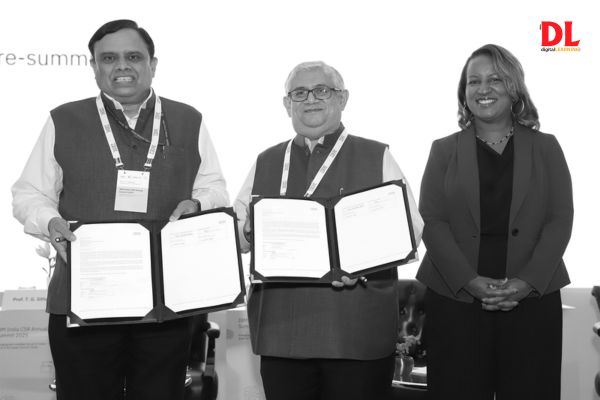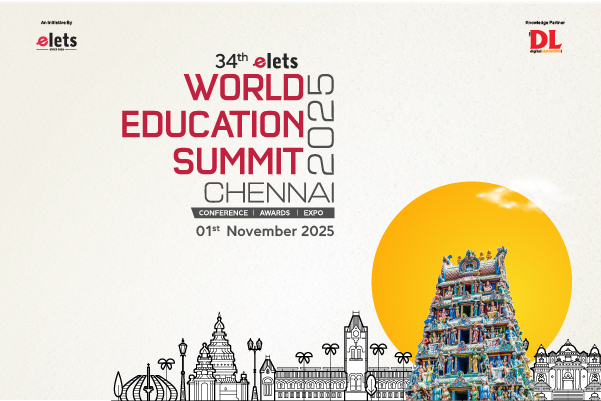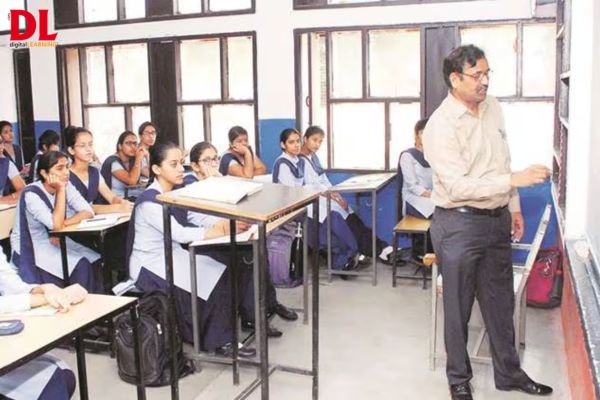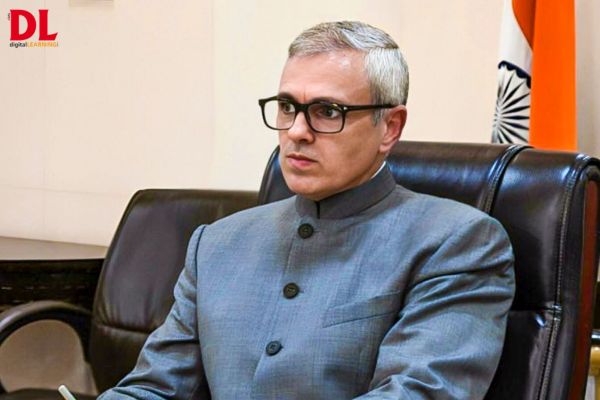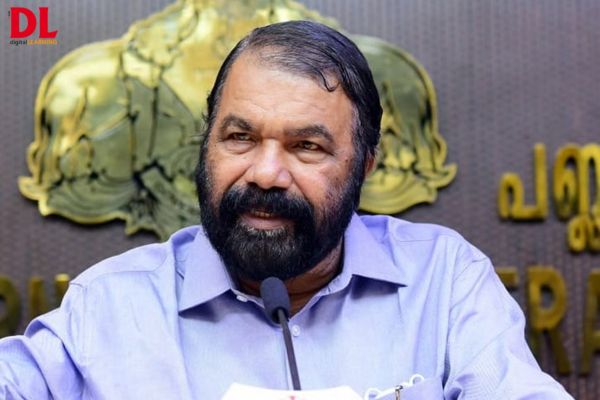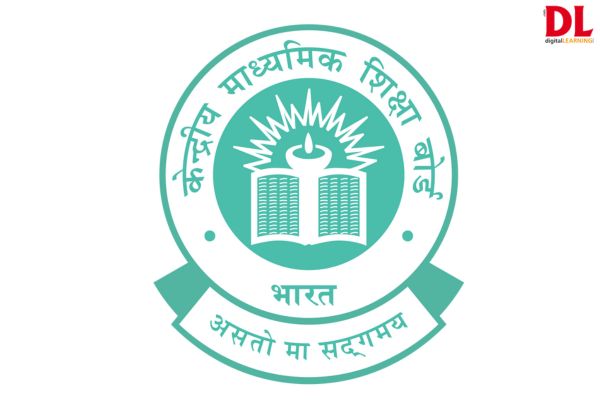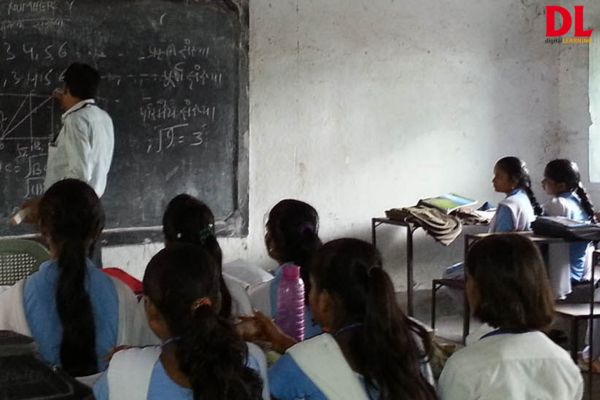IBM has partnered with the All India Council for Technical Education (AICTE) to launch a National AI Lab at AICTE Headquarters in New Delhi. The collaboration was formally announced on October 31 during IBM’s annual CSR event — a prelude to the upcoming India-AI Impact Summit 2026.
The cutting-edge facility will serve as a national hub for AI-driven research, innovation, and learning, offering students, educators, and researchers across India access to advanced AI infrastructure, software tools, and a digital learning repository. Designed to merge academic excellence with industry expertise, the lab aims to integrate AI education with real-world applications spanning cloud computing, sustainability, and next-generation technologies.
Speaking at the launch, Union Minister for Education Dharmendra Pradhan hailed the initiative as a “commendable effort to deepen AI-centric research, innovation, and skilling across India.” He emphasized that the collaboration reflects the government’s vision for ‘Viksit Bharat’, promoting Industry-Academia partnerships to equip India’s youth with future-ready skills. “This initiative will serve as a benchmark for how industry can work closely with academia to nurture talent for an AI-driven global economy,” he said.
At the heart of the initiative lies IBM SkillsBuild, the company’s flagship global education platform that offers over 1,000 courses in artificial intelligence and emerging technologies. Through the National AI Lab, SkillsBuild will reach AICTE’s extensive network of technical institutions, furthering IBM’s global goal of skilling 30 million learners by 2030, including 2 million in AI by 2026.
With more than 16 million learners already engaged worldwide, IBM’s SkillsBuild initiative blends online learning, mentorship, workshops, and innovation challenges to foster hands-on AI education.
Justina Nixon-Saintil, Vice President, Corporate Social Responsibility and Chief Impact Officer, IBM, noted, “By bringing IBM SkillsBuild and the National AI Lab together, we aim to empower India’s students and educators to develop AI solutions for some of society’s most pressing challenges.”
Echoing this sentiment, Sandip Patel, Managing Director, IBM India & South Asia, said, “India stands at the cusp of an AI-powered transformation. This National AI Lab will act as a catalyst for research, innovation, and skill development, helping India shape the future of the global digital economy.”
Also Read: Delhi Government to Recruit Over 5,000 Teachers to Address Classroom Shortage
The initiative further strengthens IBM’s ongoing commitment to India’s AI skilling mission and complements AICTE’s efforts to equip the next generation with advanced technological capabilities.







